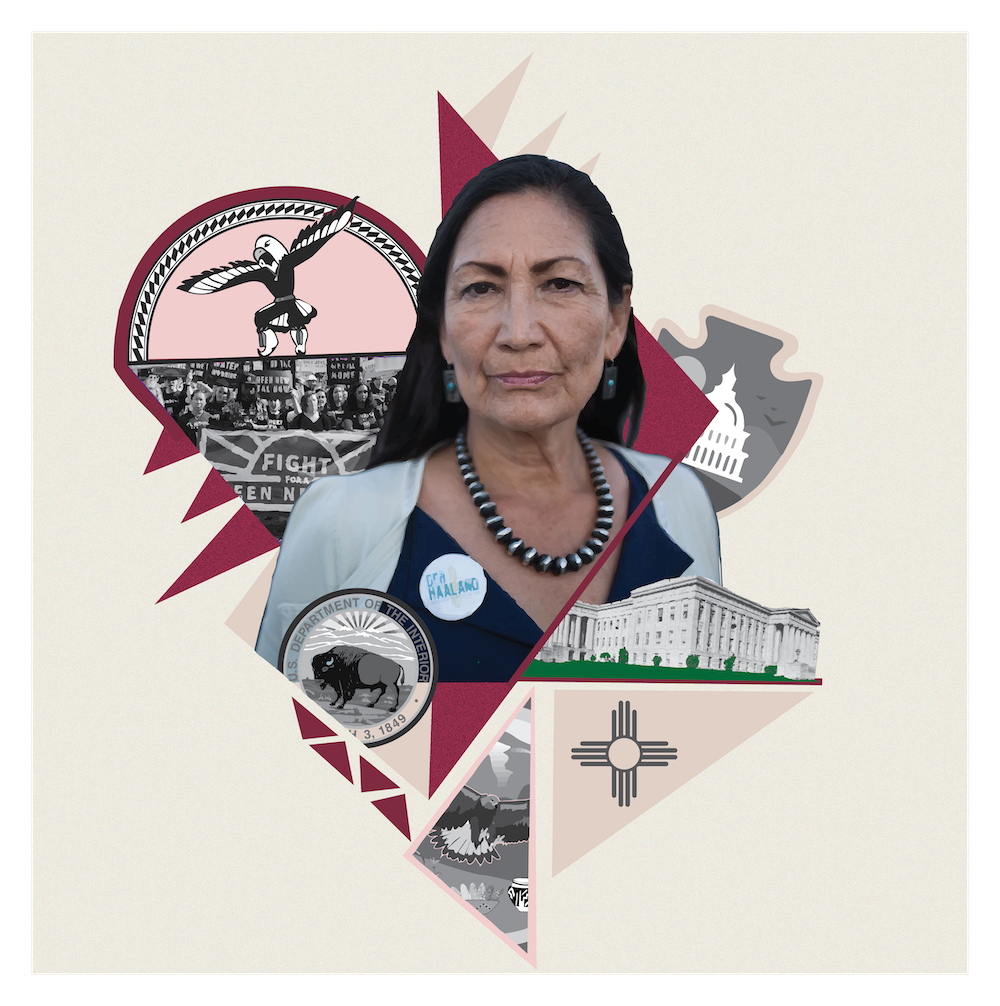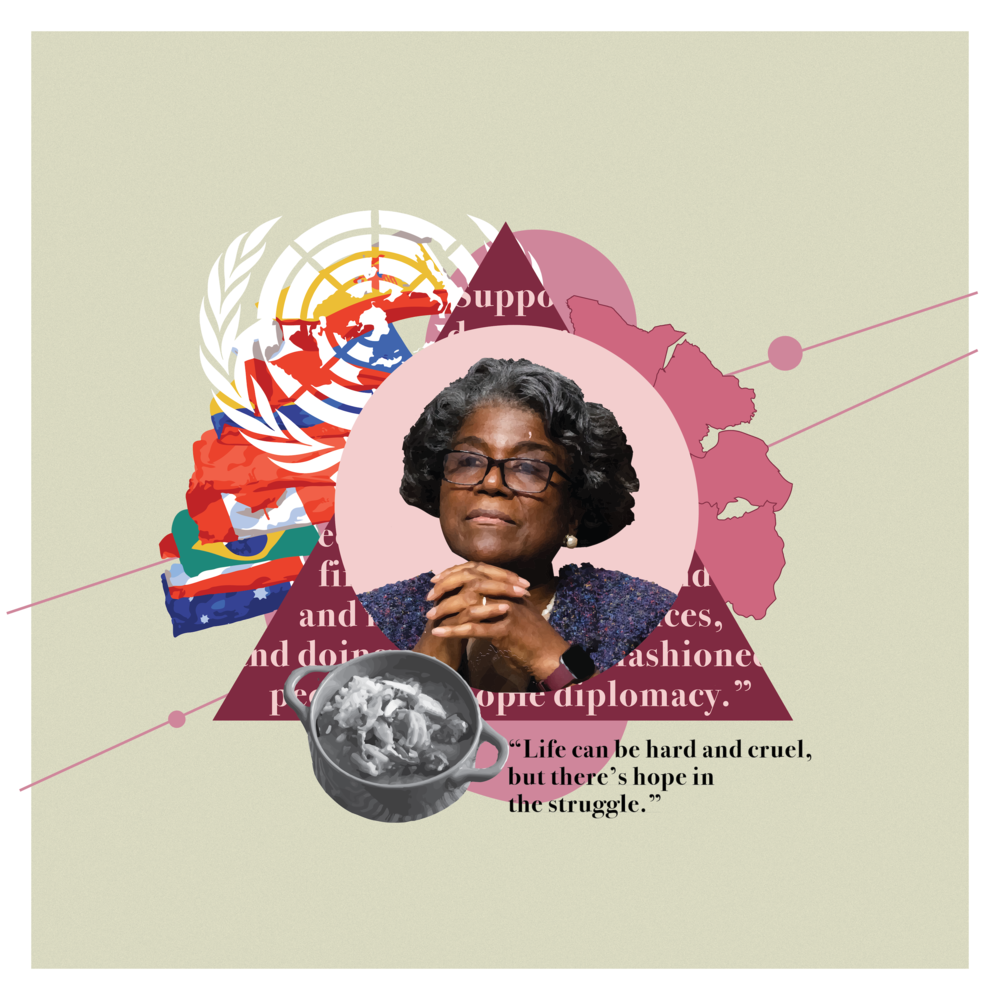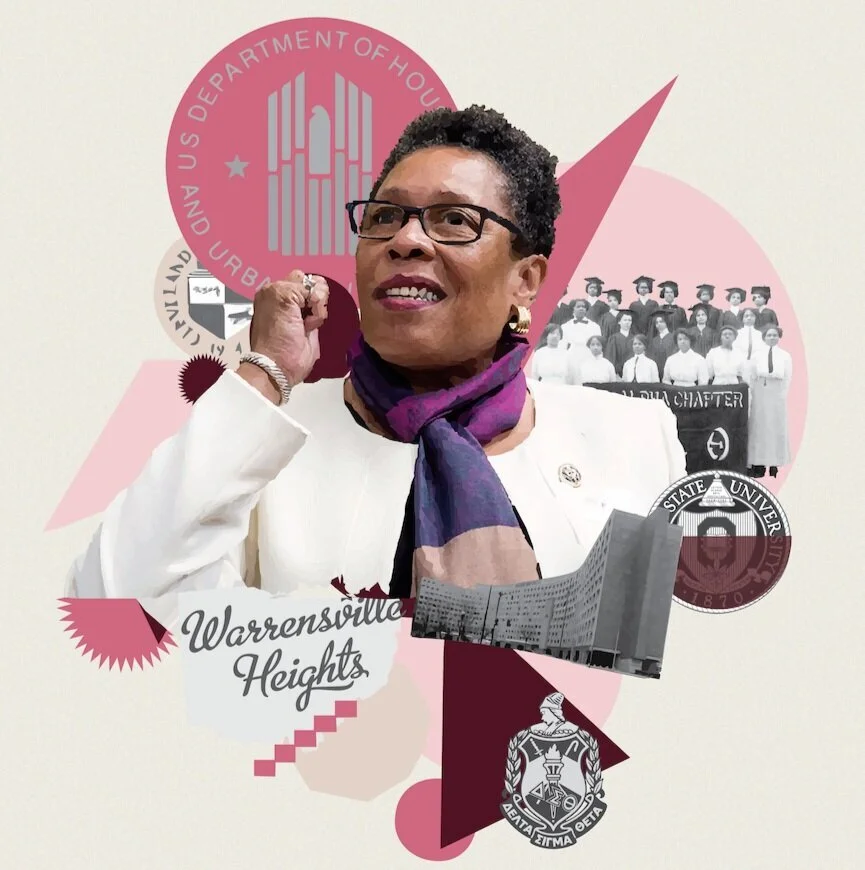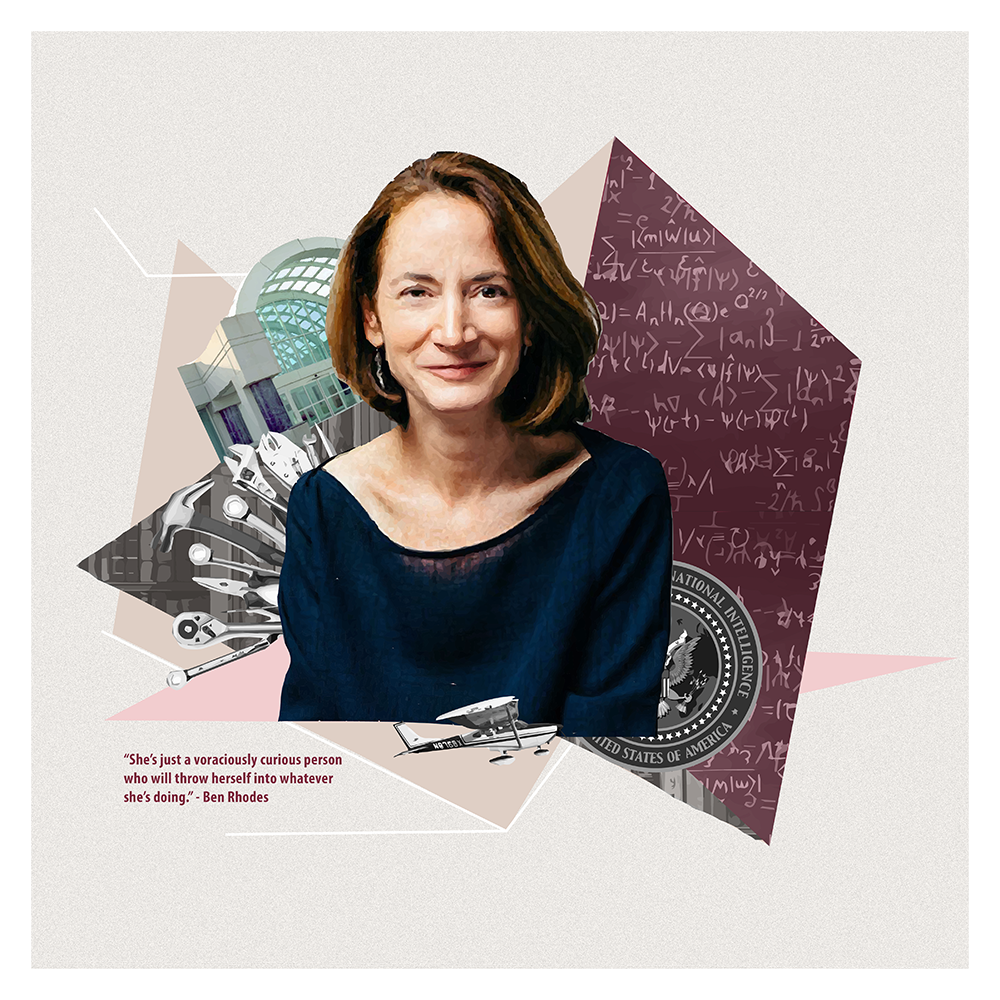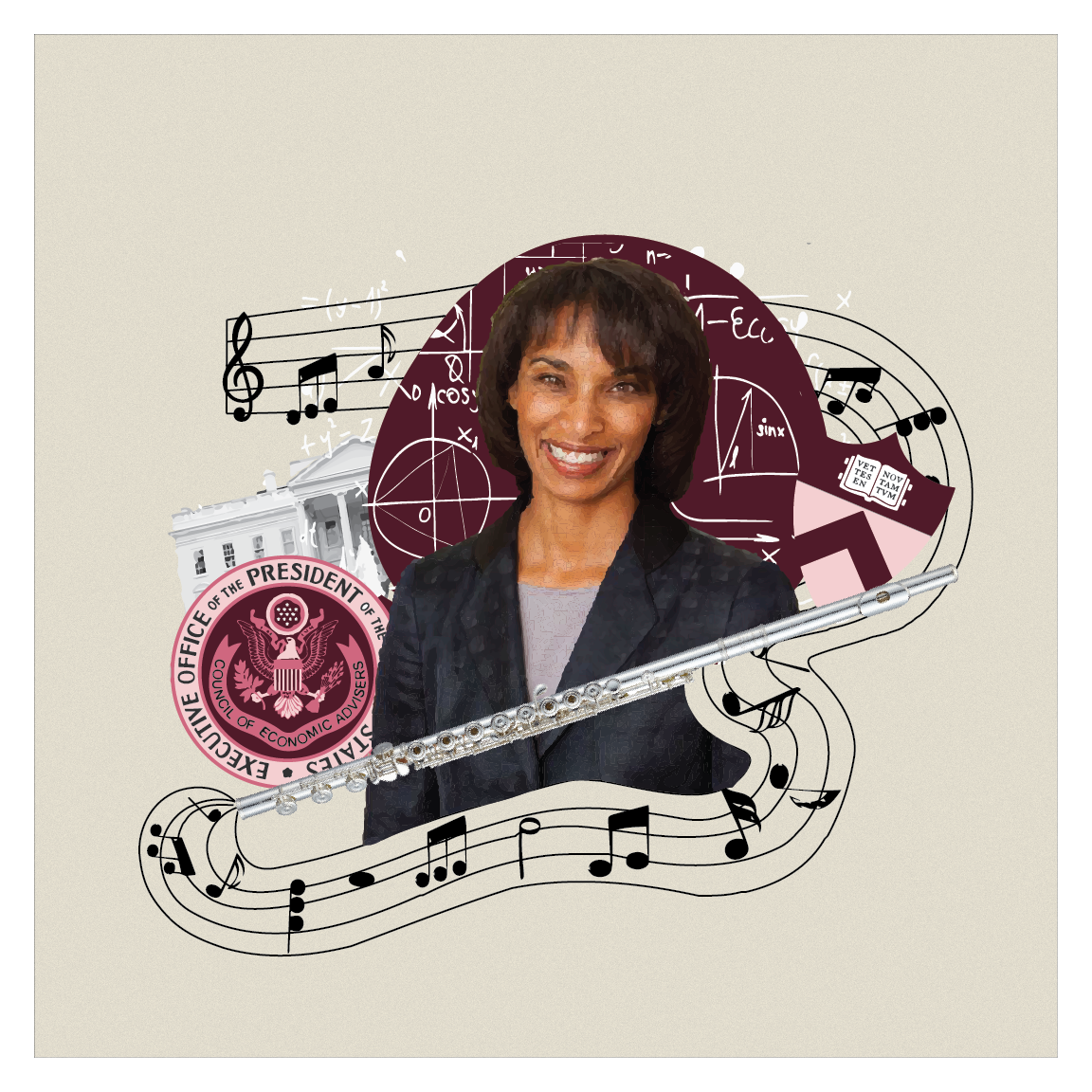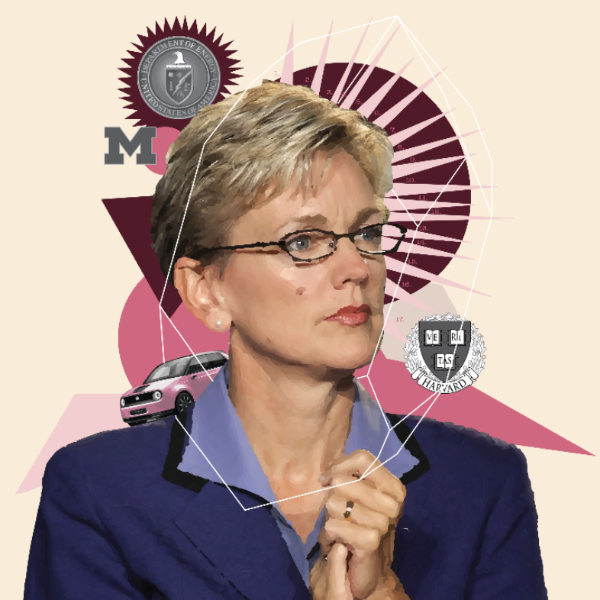I didn’t make my usual list of resolutions this New Year. Each time, I started to list personal and professional goals, two words surfaced — listening and learning. In fact, all goals have to include a lot of both in order to create any positive outcome, but I’m more acutely aware than ever of the need to listen more carefully — to friends, family, colleagues and yes, those who are outside my circle of shared values.
Contemplating the divides that feel deeper and darker — and potentially more dangerous than ever — I want to better understand the reasons that led 53% of white women to vote for a unqualified, untested leader who has made an anti-women’s rights agenda a stated priority. I want to understand why so many millennials chose not to exercise their right to vote. I want to listen to these two groups as well as others and learn a new language of bridge building — between women of all backgrounds and across generational divides, too. I am resolving to listen and to learn, at least for myself and others like me seeking strategies and solutions that go beyond protests and marches…although there’s a need for that, too.
So I accepted the invitation immediately and with honor to participate in the premiere episode of an inspired new podcast called “The Bridge.” The project is the brainchild of host Peggy Clark and is sponsored by The Aspen Institute. Peggy is the executive director of Aspen Global Health and Development there.
In 2017, Peggy plans to bring “wise women (and a few good men) of different generations together for revelatory conversations about what matters most.” In our conversation, I spoke with Peggy and journalist Courtney Martin about the women’s movement, it’s history and our personal experiences with it.
Courtney Martin and I in 2015. (Photo courtesy of StoryCorps)
Courtney is a remarkable young woman who I have had the pleasure of knowing for many years now. She is the co-founder of the Solutions Journalism Network and the author of “The New Better Off: Reinventing the American Dream,” an important book about what it means to be a successful woman and mother in the 21st century. Courtney also has worked with me as a co-host, along with her writer/curator husband, John Cary, at the TED Women conference that I curate each year in October. And we’re good friends.
We had a wide-ranging, candid conversation – starting with the (now) funny story of how Courtney and I met during a (somewhat) ill-fated live interview with Helen Thomas. We talk about the history and evolution of the women’s movement, our own personal recollections of what it meant to us as young women, and what 2017 and the Trump years might hold.
We talked about the power of protest for my generation and wondered whether it has a place in the digital world that we now live in. I recalled the life changing experience of participating in the protests and marches that were so much a part of the civil rights and women’s movements, two social justice movements that defined in large part my own life as a young woman coming of political age in the 1960s South.
As I said in our conversation, I’m looking to Courtney and her generation to point the way for how we retain rights and sustain social justice movements now. Millennials didn’t grow up with protest movements and they also haven’t experienced a world without reproductive rights or ever been denied the right to vote or attend the school of their choice because of skin color or be considered for a job or a loan because of gender.
But they have experienced a life changing, totally disruptive explosion of technology that gives them an entirely new way to be connected for change. They have insights that we need to hear, and they have tools for protest and for change that we didn’t have. How do we work together in ways that leverage their digital literacy with our experiences of fighting for change? I’m listening carefully to their ideas about how we build the bridges, digital and virtual, that connect women of all generations, colors and culture to ensure that the progress we’ve made towards real equality continues.
I believe we must find a way to talk to each other because we didn’t find the language or the strategies during the election. We need to find the words to communicate and the best ways to work together to make sure there isn’t a rollback in the reproductive rights and freedoms that my generation fought so hard for and that younger women have never had to live without. Women of different generations need to trust each other enough to share power, standing, protesting, innovating solutions together.
I believe one tool in our toolbox for building that kind of “bridge” between generations is mentoring. In our podcast, Courtney and I spent some time focusing on the importance of having and being a mentor, which is something that I feel very passionate about in my own life. Courtney considers me a mentor, and as I explained to her in the podcast, I feel the same way about her. There are so many things we can learn from each other.
My first mentor changed my life. My 8th grade teacher took an interest in me and put ideas of college, advanced degrees and a successful career in my head. If not for her intervention, I wouldn’t be the person I am today.
Mentoring for me has always been first and foremost a relationship, a deep and abiding caring about someone. It’s not that I have this formula where I say, “Okay, let’s sit down and I’ll tell you the three things you need to know to become a CEO.” It’s never worked like that for me. What happens is that I meet an extraordinary young woman and I think how can I befriend this person, help open doors for her and be supportive, encouraging and nourishing?
So that’s my resolution again this year…to mentor and in doing so, to listen and to learn what a woman from across a divide of life, background, maybe even worldview and political leanings, beliefs and desires, and see if, together, we can build a bridge — woman to woman. It may take more than millions (hoping we hit that number) marching, but if we make mentoring the keystone, the arch that holds the bridge together, we can sustain a connection and find ways to understand each other and in doing so, create new ways forward, together.
As Courtney says in the podcast, and we all know from our personal experiences, “Sisterhood is powerful.” In my opinion, it’s the most effective antidote to the distrust, the differences and the disconnects that divide us.
If you have time, please listen to the whole podcast at iTunes. Thanks for listening and please share your learning and your suggestions for bridge building in the New Year.
- Pat

